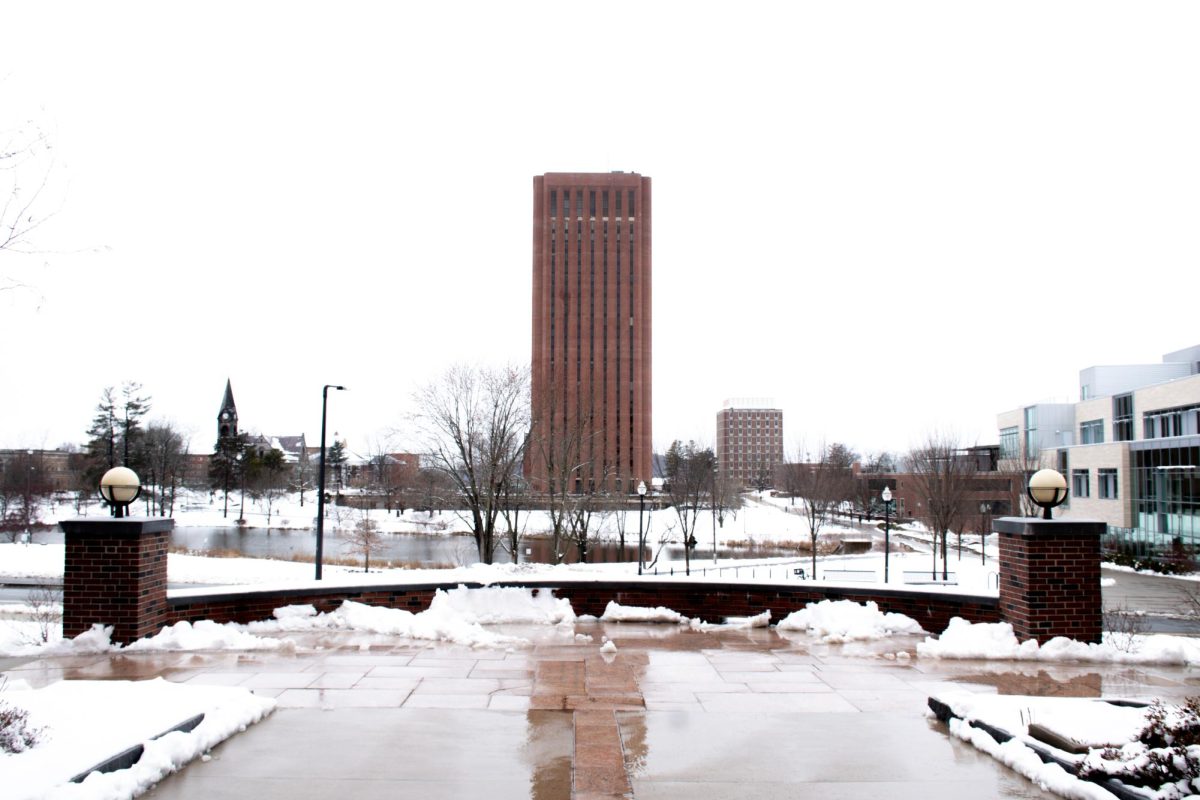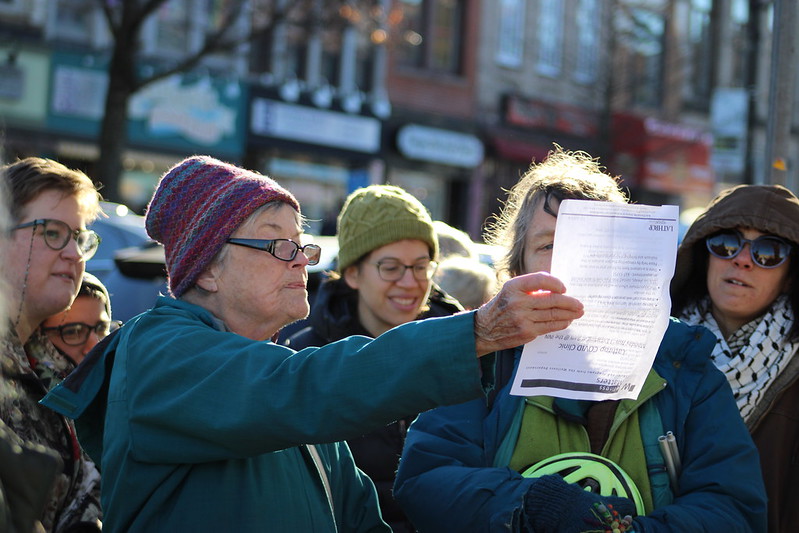
Members of the University of Massachusetts’ Student Government Association held an informational meeting Thursday about the fall election process to prepare interested students to run for open positions.
The meeting in the Campus Center, which was attended by roughly 40 prospective SGA candidates, explained the responsibilities of different SGA branches, requirements candidates need to meet to run for SGA offices and dates of different events during the election process.
“We are responsible for interacting with the administration,” said Divya Kirti, a senior classics and English major who is the chancellor of the SGA Elections Commission. “We are that bridge between the administration and students.”
The SGA nomination period is currently open, and will close on September 16 for residential area government candidates, and on September 17 for undergraduate senate candidates. Voting will then be held from September 22 to September 24, and will be accessible on Campus Pulse.
The number of senators each resident will be able to vote for will be the same as the number of senators who represent that student’s area.
The nomination forms for senate and area government candidates are available in the SGA’s office, Room 420 of the Student Union, or can be found online on the SGA’s website. Senate candidates will need to collect 25 signatures to appear on the ballot, and area government candidates will need to collect 50 signatures.
Candidates running for area government will not be allowed to run for House Council or senate as well.
Speakers at the informational meeting also discussed the responsibilities held by different SGA branches.
The SGA Senate, which consists of 50 members who represent the residential areas of UMass proportionally, primarily works to allocate the $3,000,000 budget of the SGA to registered student organizations, and most senators serve on a specific committee.
“We try to get everyone on the committee they’re most interested in,” said Lauren Coakley, a junior political science major who serves as the speaker of the senate. “You can pick whatever one you want and they’ll work around your schedule.”
Chris Earls, a senior political science major who is the SGA’s secretary of University policy and external Affairs, described area government as an executive body that oversees and lobbies for residential areas, ensuring they are up to date.
“You get to kind of define the agenda,” Earls said. “Your main goal is to lobby residential life to make improvements.”
Earls also announced that area governments will now pool their funds together collectively, as opposed to previous years when each area government had its own allocated funds. The allocations will now be decided at meetings of the Board of Governors.
Earls said the new policy was instituted because the expenses required by residential areas had been inconsistent in previous years.
The informational meeting also covered election rules, which are implemented to make sure that no candidate has an unfair advantage over another.
“If you have a printer in your dorm room, you can’t print campaign materials from it,” said Kirti. “Not everyone has that advantage.”
Coakley also told prospective Senate candidates not to make plans on September 26 and 27, the dates on which senate training will be held.
“Hopefully you guys will leave this meeting and decide you want to run for SGA,” said Kirti.
Stuart Foster can be reached at [email protected] or followed on Twitter @Stuart_C_Foster.


















